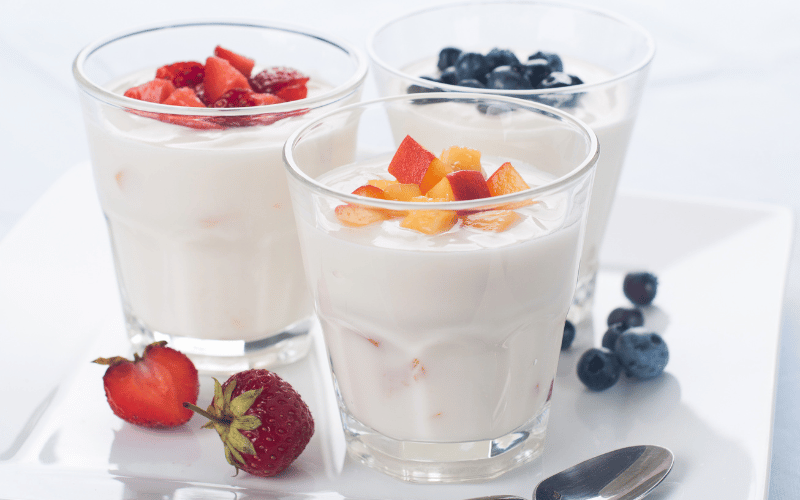Introduction: Unlocking Your Gut’s Happiness – Foods that Heal Stomach Ulcers

Ah, the human stomach—it’s like a petulant child, acting up when you least expect it. Stomach ulcers can throw a real wrench into your life, causing discomfort, pain, and let’s be honest, a heap of anxiety. But before you resign yourself to a life of bland foods and missing out on your favorite spicy dishes, let’s talk solutions.
Let’s be clear here: We’re not dishing out fluff. This is a treasure trove of information backed by credible sources and the wise words of physicians. We’ll let you in on a little secret: It’s not just about avoiding the bad foods, but embracing the good ones. Think of this as your culinary arsenal in the battle against stomach ulcers.
Ever heard the phrase “You are what you eat?” Well, it couldn’t be truer when it comes to dealing with stomach ulcers. Your food choices can either be your ally or your enemy. And, we’re not just talking temporary relief; the right diet can aid long-term healing. What’s not to love about that?
So, why exactly should you stick around? Because we’re about to drop the ultimate list of the Top 10 Foods to Eat for Stomach Ulcers. We’re not just slapping a list together; we’re diving deep into why each food deserves a spot on your plate. You’ll even get a science-backed rationale for each food item, making your trip down the grocery aisle a walk in the park.
Intrigued? We bet you are. Stick around for a gastronomical journey that’s as informative as it is delicious. Your tummy—and your taste buds—will thank you!
1. Yogurt and Probiotics: The Gut-Friendly Duo in Ulcer Management

Oh, yogurt! This breakfast staple does more than just tickle your taste buds; it’s like a spa day for your gut. Loaded with probiotics, these live bacteria and yeasts are beneficial for your stomach, particularly when you’ve got ulcers eating away at you—literally.
Now, not all yogurts are created equal. It’s crucial to opt for the ones that say ‘live and active cultures’ on the label. These are brimming with probiotics like Lactobacillus and Bifidobacterium, which are the good guys in this scenario. They set up shop in your digestive tract and work tirelessly to bring down inflammation and counteract harmful bacteria.
You might be thinking, “Isn’t bacteria the bad guy here?” Usually, yes. But probiotics are like your digestive system’s special ops force. They work undercover to thwart the ulcer-causing bacteria, Helicobacter pylori, in its tracks. These good bacteria adhere to the gut lining, creating a protective barrier against harmful invaders.
For those with a sweet tooth, the options are endless. How about a smoothie with some fruits tossed in, or a yogurt parfait layered with granola? The culinary world is your oyster. However, steer clear of yogurts laden with sugar or artificial sweeteners. These ingredients do more harm than good, negating the beneficial effects of the probiotics. (1)